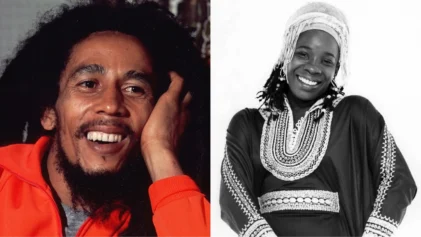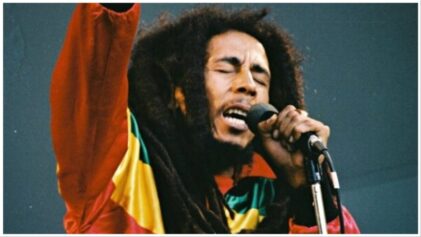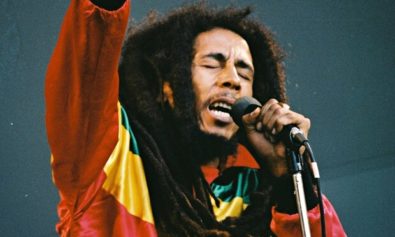Without a doubt, the two artists most responsible for bringing reggae to the world stage are Bob Marley and Jimmy Cliff. Cliff became one of Jamaica’s first international superstars in the 1960s, scoring hits in the U.K. and Brazil. He’s best known for the 1972 film The Harder They Come, both as its lead actor and for three now-legendary songs included on its soundtrack.
In time, the world would embrace Bob Marley as reggae’s ambassador; Jimmy Cliff never tasted that level of success. But on his newest album, Cliff sounds as hungry and as vital as he ever did, like a man claiming what was rightfully his all along. In an interview with NPR’s Guy Raz, Cliff says the record’s title, Rebirth, refers both to his own career and to humanity at large.
Jimmy Cliff: I’m at the point where I’m taking my career to the next level. It kind of started out when the new millennium began, and up to 2010 when I received the induction into the Rock and Roll Hall of Fame — that was like a stepping stone up to the next ladder. I had started writing this album without knowing I was going to call it Rebirth, but I had quite a bit of the songs before. So, that’s about the rebirth of Jimmy Cliff’s career. The rebirth of the planet is also about the new time that we’re coming into. We’re coming into a new time when all the old laws and ways are breaking down.
Guy Raz: It was really you who introduced reggae to much of the world in the late ’60s and in the early ’70s. This record almost sounds like a reintroduction of that music you made back in the early days.
One has to go back to point zero to move forward again, and so that is what we did. We recorded the music with the same instruments that we had used back in the days, the same style that we used to record — which is everyone recording at the same time.
This was done live to tape? Just like back in the old days in Kingston?
Yes, yes, exactly.
Many people were introduced to you and to your music in the 1972 film The Harder They Come, in which you portray the Jamaican outlaw Ivanhoe Martin. There’s sort of a full circle now on this record: You sing a version of the Clash song “Guns of Brixton,” which has the line, “He feels like Ivan, born under the Brixton sun / His game is called surviving at the end of The Harder They Come.”
One of the reasons for covering that song was to show and remind people the influence that reggae music had on punk music — and for the fact that he had mentioned that movie. I thought that it would be very appropriate to cover that song.
What did the film mean to you? It must have changed your life.
Absolutely. It showed people all over the world me as an actor, as opposed to what they had known me as before, just as a singer-songwriter. And it also showed people a new culture. … It showed people where the music was coming from…
Read more: NPR


